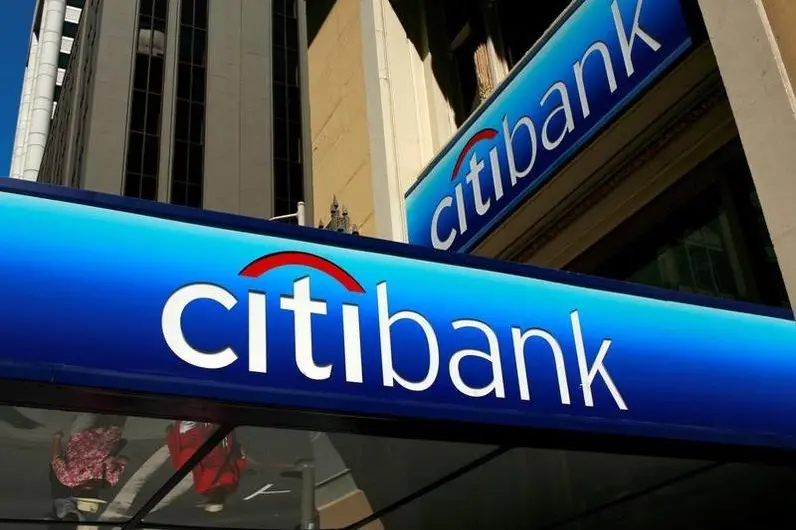PHOTO
DUBAI: Saudi Arabia has the capacity to help fund its budgetary needs during the COVID-19 crisis via a mixture of local and international capital markets, according to a senior banker.
David Livingstone, chief executive officer for Europe, Middle East and Africa at American bank giant Citi, told Arab News that the Kingdom’s status as the largest regional economy would give it good access to debt markets.
“I would say being the biggest economy and having lots of investable wealth in the Kingdom gives Saudi Arabia access to capital liquidity to fund the government budget. Certainly, international capital markets will continue to play a role. It’s not a sole reliance on international capital markets - it’s a combination of domestic also,” he said.
Citi has been involved in some of the big bond issues Saudi Arabia has raised, including the record-breaking $12bn Saudi Aramco bond last year. Livingstone highlighted the growing sophistication of the domestic debt markets as a fund-raising resource.
“The domestic market in the Kingdom continues to mature, and with it the ability to be able to balance funding, and not always rely on international capital markets. That is a very good strategy,” he said.
Livingstone was speaking ahead of a two-day webinar forum by the bank under the theme “Navigating the Future: What’s next in a post-covid world?”, along with other top Citi executives.
He downplayed suggestions that the Kingdom’s policymakers had resorted to austerity measures in their response to the economic crisis resulting from pandemic lockdowns.
“I would say that austerity is not a given, because ultimately the big challenge with COVID is the damage that’s been done to the economic actors in the economy - to individuals, to small businesses, to the corner shop, and enterprises and larger organizations. That’s where the balance lies between the livelihoods and economic balance that governments are having to make, and it’s not easy,” he said.
“There is a judgment that has to be made based on the national economy, because ultimately the way to get out of this is for governments to measure their domestic policy against their domestic ability to absorb those policies,” he added.
On the question of timing and shape of the economic recovery, Livingstone said there was a possibility that the Middle East might come out of recession later than some other parts of the world.
“Most people are expecting a sharper recovery in the Middle East region in 2021, which is somewhat delayed. But we think the global recovery can get shifted,” he said.
He also said it was “appropriate activity” for Saudi Aramco to consider funding its ambitious dividend policy partly through debt issuance.
“I think capital markets are for funding the needs of corporates, and the wholesale funding of corporate balance sheets, whether it’s for its own capital expenditure or organic growth or to fund shareholder return,” he said.
On economic growth in the region, and on the prospects for global trade, he warned against taking too pessimistic a view in the current depressed climate. “I think we need to be careful about making assumptions at the trough,” he said.
Copyright: Arab News © 2020 All rights reserved. Provided by SyndiGate Media Inc. (Syndigate.info).





















